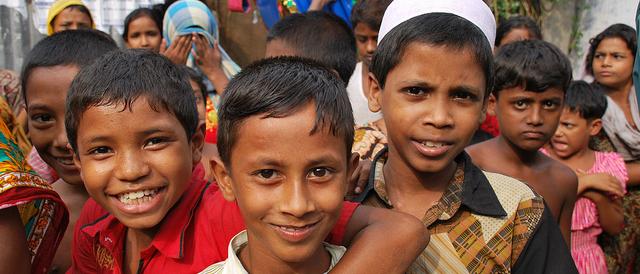We need a new model of global health aid
Department of Global Health Professor, James Pfeiffer, weighs in on recent cuts to federal aid funding: "The Trump administration's cuts to the U.S. Agency for International Development and other aid funding for global health are cruel and catastrophic."

